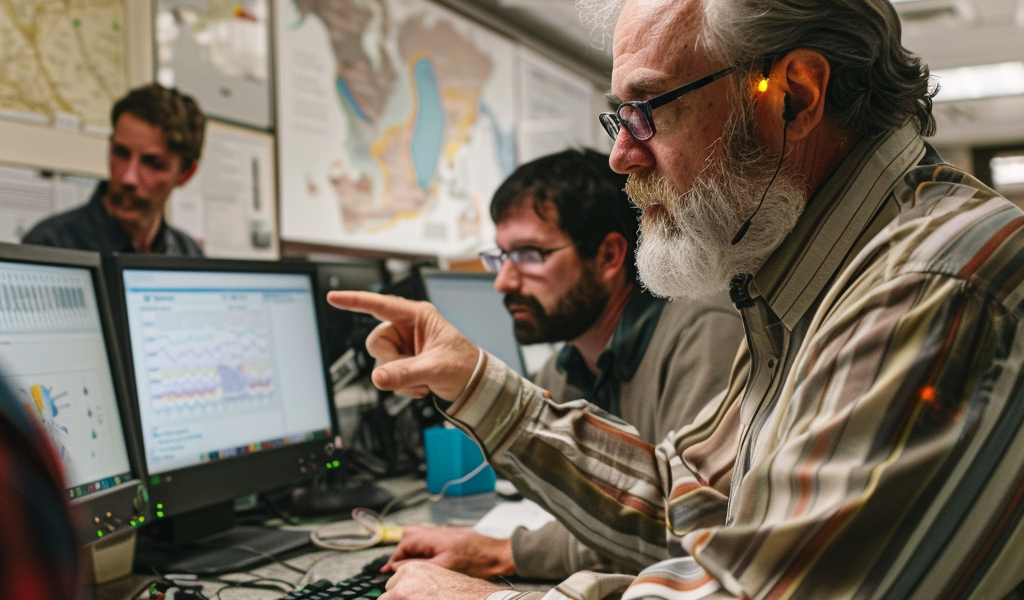Earth’s core, a solid metal ball deep within our planet, has been a subject of fascination for scientists ever since its discovery in 1936. Recent research has confirmed that the rotation of Earth’s inner core has been slowing down over the years, sparking curiosity about the implications of this phenomenon.
Seismologists have long been intrigued by the inner core’s movement, which is challenging to observe directly due to its inaccessible location. By studying seismic waves from earthquakes, researchers have been able to track changes in the inner core’s position and rotation speed.
Dr. Lauren Waszek, a senior lecturer of physical sciences, highlighted the historical debate surrounding the inner core’s rotation, with differing opinions on its speed and direction. While some studies suggested no rotation at all, a recent model proposed that the core had previously spun faster than Earth before gradually slowing down and eventually moving backward relative to the surrounding layers.
In 2023, a team of scientists put forward this hypothesis, emphasizing the need for more data to support their claims. Now, another group of researchers has presented compelling evidence to reinforce the theory of the inner core’s deceleration.
The implications of Earth’s core slowing down are still uncertain, leaving scientists to speculate on how this could impact our planet in the future. As the mystery of the inner core continues to unravel, further research and observations will be crucial in understanding this fundamental aspect of Earth’s structure.





